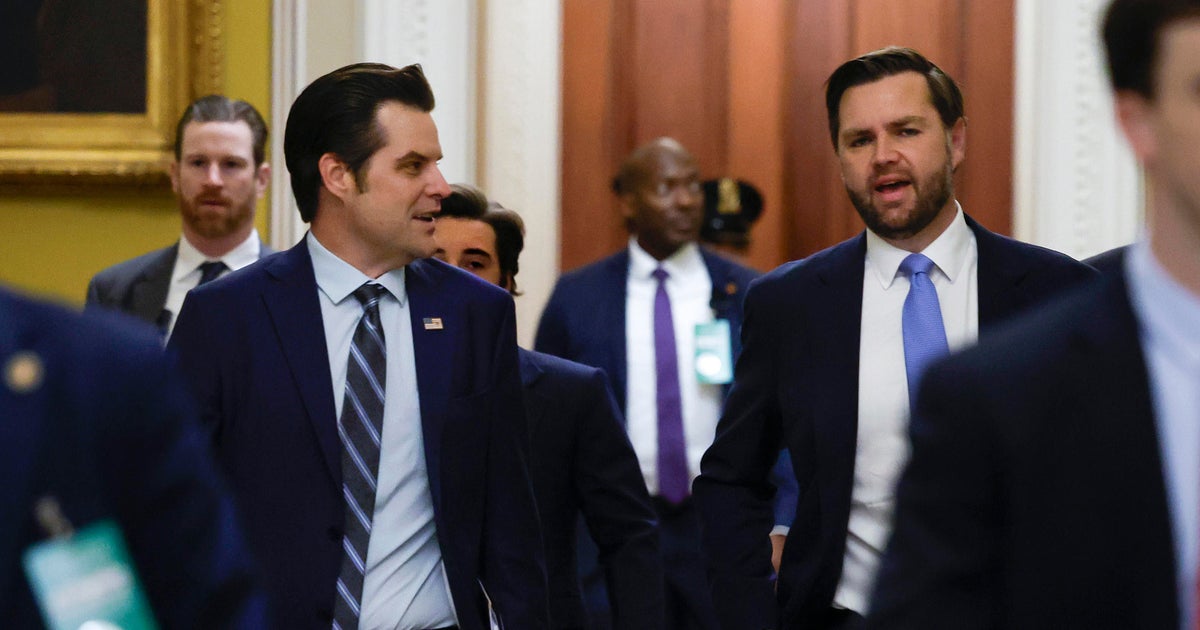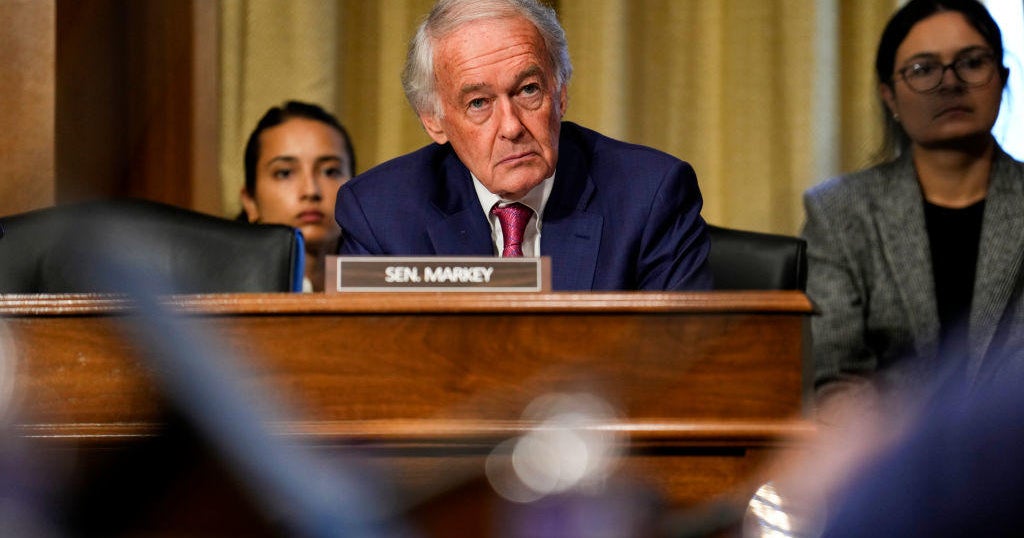Bipartisan Senate bill would require Supreme Court to impose code of conduct
Washington — A bipartisan pair of senators introduced legislation Wednesday that requires the Supreme Court to implement a code of conduct and designate an official to review potential conflicts of interest, action that comes after Justice Clarence Thomas came under scrutiny for trips he accepted from a Republican real estate magnate.
Called the Supreme Court Code of Conduct Act, the bill from Sens. Angus King, an independent from Maine who caucuses with the Democrats, and Lisa Murkowski, a Republican from Alaska, would set a one-year deadline from the date of their measure's enactment for the high court to put in place a code of conduct and require the court to make the code publicly available on their website.
The legislation also says the court must appoint an individual to handle complaints alleging violations of the code or federal laws. Their duties include publishing an annual report, available online, that details the complaints received and actions taken in response. Under King and Murkowski's plan, the Supreme Court would have the authority to investigate whether any justices or staff may have engaged in conduct that harms the administration of justice or violates the code of conduct or federal laws.
King called his bill a "commonsense step to restore and maintain faith in the high court by requiring the creation of consistent, transparent rules like the ones that apply to every other federal judge across our democracy."
"The other two branches of government already have codes of conduct, it is only reasonable the full Judiciary should as well," he said in a statement.
Murkowski noted that public confidence in the Supreme Court has reached an historic low and warned that "cracks" in that confidence "will have damaging repercussions for the state of our democracy."
"Americans have made clear their concerns with the transparency — or lack thereof — coming from the Supreme Court and its justices," the Alaska Republican said in a statement. "It is critical the public has full faith that their institutions are functioning, including the judicial branch."
Momentum behind creating a code of conduct for the Supreme Court has been building since ProPublica published a pair of reports this month revealing that Thomas has accepted luxury trips and vacations from Crow over the course of their decades-long friendship, and that Crow bought three properties belonging to Thomas and his family.
Thomas did not report either the land deal worth more than $100,000 or the trips on financial disclosure forms. In a statement about the vacations, the justice said earlier this month that he consulted with his colleagues and others in the judiciary early in his tenure on the Supreme Court and was "advised that this sort of personal hospitality from close personal friends, who did not have business before the court, was not reportable."
Thomas said he has always sought to comply with disclosure guidelines and said that it is his "intent to follow" new guidance announced in March by the Judicial Conference, which sets policy for the federal judiciary.
In response to the reports, Senate Judiciary Committee Chairman Dick Durbin asked Chief Justice John Roberts to testify before the panel on May 2 about ethics rules governing the Supreme Court and potential reforms to those measures. While there is a code of conduct lower court judges must adhere to, it does not cover the nine justices.
But Roberts declined the invitation, telling Durbin in a letter Tuesday that it is "exceedingly rare" for a chief justice to testify and citing "separation of powers concerns and the importance of preserving judicial independence."
The chief justice included with his letter a three-page "Statement of Ethics Principles and Practices," which he said the current members of the court subscribe to. The statement, signed by each of the nine justices, states that they "consult a wide variety of authorities to address specific ethical issues," such as judicial opinions, disciplinary decisions, the historical practice of the Supreme Court and federal judiciary, and their colleagues.
The document also noted that Supreme Court justices face increased threats to their safety, and matters concerning issues such as travel, accommodations and disclosure "may at times have to take into account security guidance."



